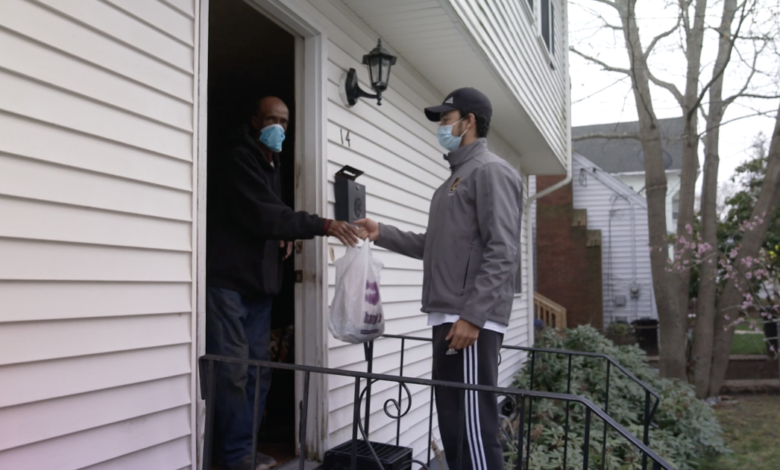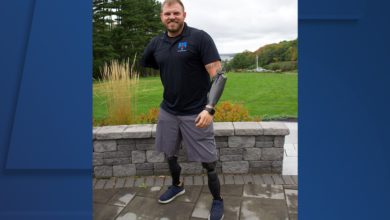
As the COVID-19 epidemic continues to throw communities into economic chaos across the country, Meals on Wheels is seeing a tremendous increase in the number of people who can’t afford food for their families.
Before the epidemic, Meals on Wheels in Boston was delivering about 8,000 meals a day to low-income families. That number is now up to 12,000 meals a day and climbing. Those who oversee these critical lifelines across the country believe the need is only going to increase as more Americans find themselves out of work.
“We’re in for a long haul,” said Valerie Frias, CEO of the non-profit Ethos in Boston which helps distribute meals. “While people are doing a good job staying at home, the consequence of that is greater food insecurity.”
Across the country, the more long-term impact for organizations like this one is funding. Most Meals on Wheels programs rely on donations and public grants. The concern is that there won’t be enough money to match the increased demand the program is facing.
“We are doing the best we can with the dollars we have but can only stretch things so far, and the need is so great,” she said.
Frias’ concern for the elderly her organization serves also goes beyond food. For many seniors, the delivery of a meal once a day may be the only time they may have someone check in on how they’re coping.
“This is as much as the food as it is the interaction,” Frias said. “It’s a safety check and also a social connection to make sure that social distancing doesn’t mean social isolation.”








